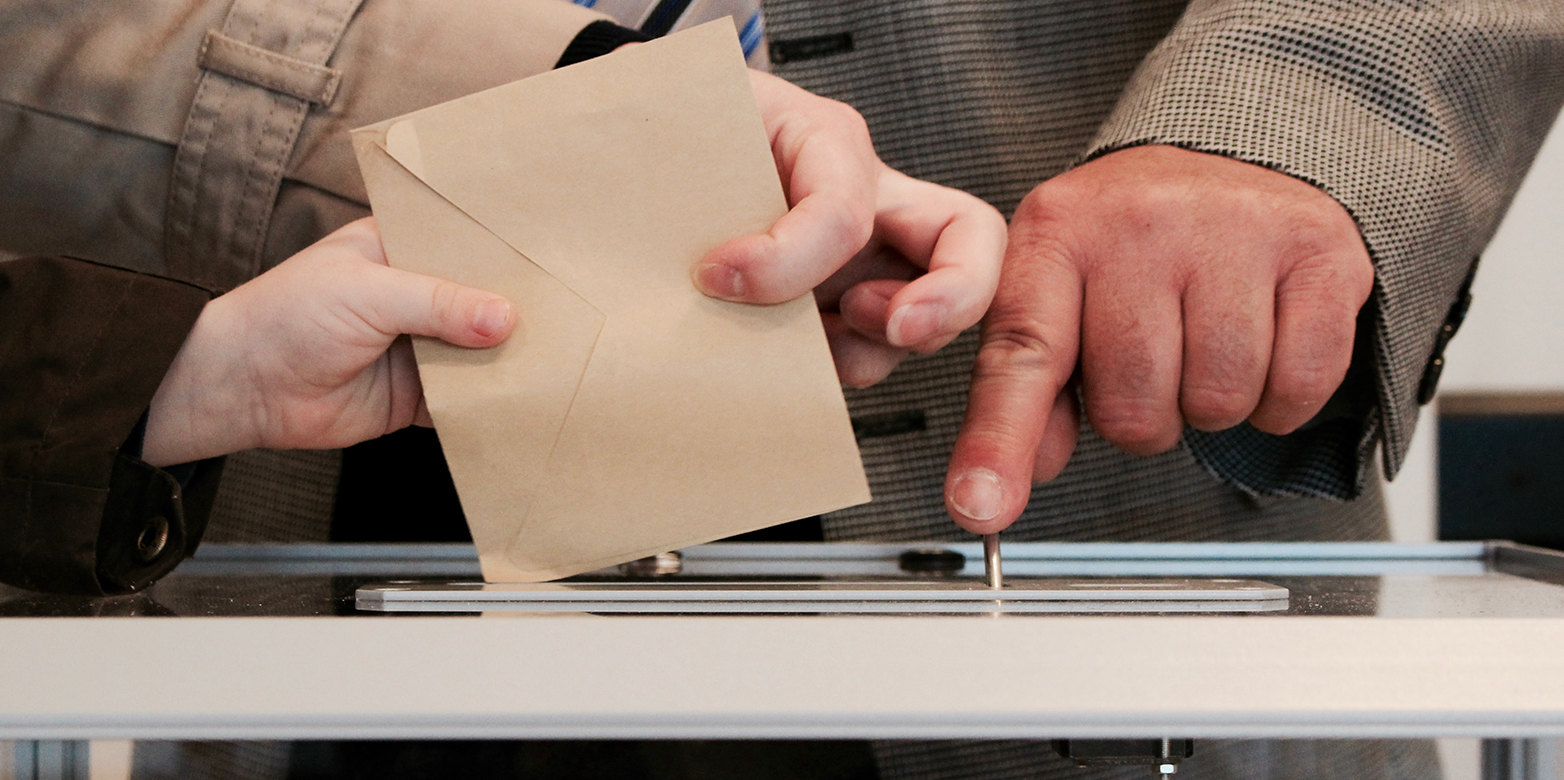Turning out to turn down the EU: the mobilisation of occasional voters and Brexit
Dr. Lukas Rudolph published an article in the Journal of European Public Policy analysing the role of turnout in the United Kingdom European Union membership (“Brexit”) referendum.

Large amounts of occasional voters participated in the Brexit referendum. Did the increase in turnout affect the referendum outcome? For an answer, we exploit exogenous variation in voting costs, as large amounts of rainfall made voting more inconvenient in some areas. With an instrumental variable approach, we show that citizens whose voting benefits just surpassed costs under normal circumstances predominantly supported Leave. Hence, the turnout increase likely led to a larger Leave vote share. Exploring the reason for this with survey data, we show that Leave support was not generally higher in the population of low-propensity voters. Rather, the mobilisation of Leave-leaning, compared to Remain-leaning occasional voters was lopsided: The former were more likely to turn out. Our research highlights that the issue-specific mobilisation of low-propensity voters helps to explain electoral outcomes. This is particularly so in referendums with weak partisan preferences, and where single issues dominate voter decision making.
For more information and the full article, please visit the external page Journal of European Public Policy homepage.